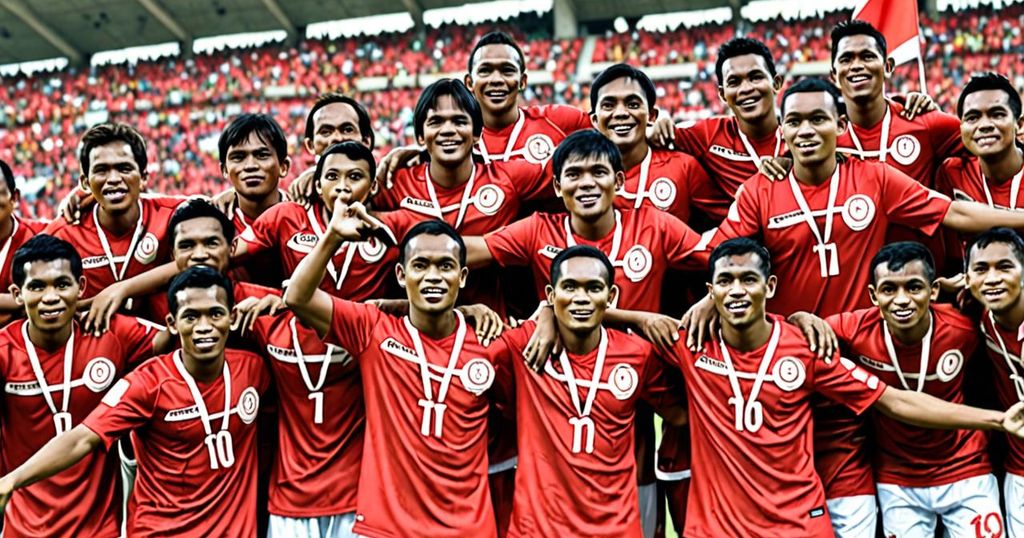The aftermath of the tragic events at Kanjuruhan Stadium on October 1, 2022, continues to reverberate across Indonesia. The profound loss and deep wounds experienced by the families of the victims and the injured have left a lasting impact. In the wake of the deadly incident, there has been a concerted push for reform in Indonesian football, aiming to tackle issues that have long plagued the sport.
The fervent passion for football in Indonesia is undeniable, and Arema FC, in particular, has a dedicated following known as Aremania. However, the violent events that unfolded at Kanjuruhan Stadium have left fans and families grappling with grief, anger, and a quest for justice.
While the tragedy prompted promises of reform from the authorities, questions linger about the club’s future, fan safety, and the integrity of football in Indonesia. The Indonesian police, the Football Association of Indonesia (PSSI), and Arema FC have all sought to address the issues that led to the devastating outcome.
Every aspect of the tragedy has prompted a call for change, from stadium safety and security protocols to the accountability of those involved. The legal and investigative processes have been underway, aiming to bring justice to the families of the victims and ensure that such a disaster never occurs again.
Efforts to Reform Indonesian Football
Since the tragic events at Kanjuruhan Stadium, there have been concerted efforts to reform Indonesian football. The authorities promised a comprehensive overhaul of stadium safety measures, and FIFA President Gianni Infantino pledged support for a nationwide transformation of safety protocols.
Following the tragedy, Arema FC has been temporarily relocated to Bali, and plans are underway to rebuild Kanjuruhan Stadium in line with FIFA standards. The top three leagues in Indonesia were suspended, and a safety review of stadiums around the country was ordered by President Joko “Jokowi” Widodo.
Challenges and Hurdles
While steps have been taken to address the issues that led to the tragedy, there are lingering challenges and hurdles. The use of excessive force by security personnel, the capacity and safety of stadiums, and the reformation of the PSSI pose significant obstacles to the process of change.
Additionally, Hanifa, the mother of one of the victims of the Kanjuruhan tragedy, has expressed concerns about the demolition of the stadium while civil cases seeking financial compensation for the families are still ongoing. The emotional scars left by the incident continue to impact the lives of those affected.
The Path to Recovery
As Indonesia seeks to rebuild and reform its football culture, there is a call for unity and collaboration among all stakeholders. The need for transparency, integrity, and accountability within the sport is paramount to instill trust and ensure the safety and security of fans and players.
The proposed reforms encompass a wide range of measures, from stadium infrastructure and facilities to the conduct of fans and security personnel. The long-term goal is to create an environment where everyone feels safe and valued, free from the specter of violence and tragedy.
Moving Forward
The quest for justice, reform, and a renewed sense of community permeates the ongoing efforts to address the tragedy at Kanjuruhan Stadium. The desire to honor the memories of the victims and promote a positive and safe football culture in Indonesia drives the push for change.
The journey towards reforming Indonesian football is a complex and multifaceted endeavor, requiring the collaboration and commitment of all involved. With the support of the global football community and a shared dedication to safety, integrity, and unity, Indonesia is poised to navigate a path of healing and renewal in the world of football.

Leave a Reply